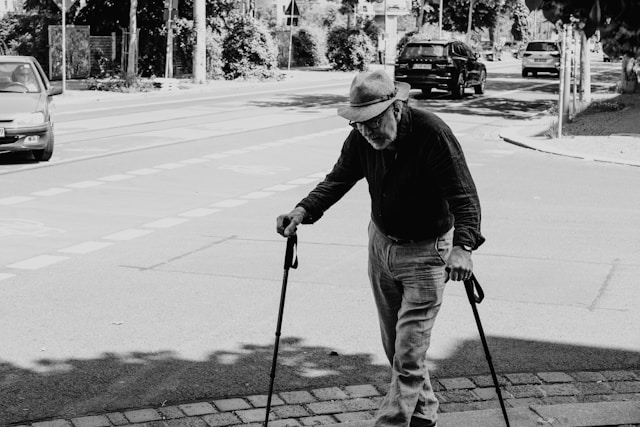
So, you’ve had surgery. Maybe it was planned. Maybe it wasn’t. Either way, you’re home now—or in rehab—and wondering, okay… now what?
Recovery isn’t always linear, especially for older adults. Your body takes a little longer to bounce back. That’s not failure. That’s just biology. But there are things you can do—simple, smart moves—that can really make a difference in how smooth (or bumpy) the road ahead feels.
Let’s walk through some tips that actually help, not just the stuff doctors rattle off in two-minute discharge talks.
1. Don’t Try to Tough It Out (Seriously, Don’t)
We get it. You want to get back to your routine, maybe prove to yourself (or your kids) that you’re okay. But pushing too hard too soon is one of the quickest ways to delay healing—or worse, end up right back in the hospital.
It’s okay to ask for help. If your neighbor offers to grab groceries, say yes. If your daughter wants to help with the laundry, let her. This isn’t weakness—it’s wisdom.
2. Move… a Little Bit at a Time
Staying in bed all day might feel like healing, but your body needs movement. Not a marathon. Not a power walk. Just gentle, regular movement. Walk to the mailbox. Stand and stretch. Even shifting positions every hour or so helps with circulation and prevents stiffness.
Your doctor might’ve given you basic physical therapy moves—do those. And if they didn’t? Ask. It’s your recovery, after all.
3. Watch the Meds and the Meals
Pain meds can mess with your stomach, make you feel foggy, or even cause constipation. No fun. Keep a simple log—what you’re taking, when, and how it makes you feel. That way, if something feels off, you’re not guessing.
Also: eat. Even if it’s toast and scrambled eggs. Your body needs fuel to heal, and protein is your friend. Hydration, too—water is non-negotiable here.
4. Sleep Is Medicine
Everyone says “rest,” but it’s not just a nice idea—it’s a literal part of healing. Sleep is when your body rebuilds tissue and fights inflammation. So make your room comfortable. Limit screen time before bed. Don’t feel guilty about naps.
If you’re not sleeping well, tell someone. Sometimes the solution is as easy as adjusting meds or changing your pillow.
5. Know When to Call for Help
If something feels off—like really off—don’t wait. Call your doctor. Don’t let the fear of “bothering” someone keep you silent. This is your health we’re talking about..
6. Consider Where You’re Healing
Not everyone can recover comfortably at home. And that’s okay. If you or your loved one needs more support—like help with daily stuff, medical care, or just a safer environment—it might be time to look into an assisted living community. They’re not what they used to be. Many are warm, social, and designed with recovery in mind.
Bottom Line? Go Easy on Yourself
Healing isn’t about bouncing back overnight. It’s about small wins. Standing up without help. Taking a shower solo. Laughing again. Every little thing counts.
Give yourself grace. Let others in. And remember—you’re not alone in this.
Leave a Reply